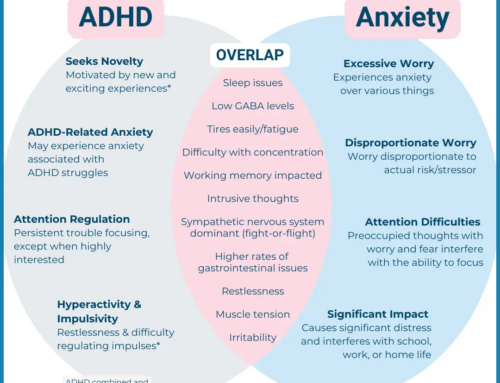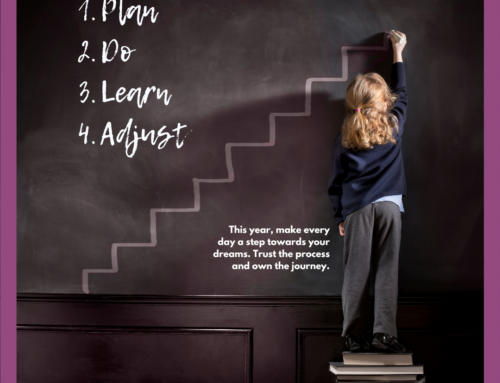If you’ve thrown your hands up because your teen spent 5 hours online playing
video games or scrolling social media
right after telling you they want to get their grades up in math and science, you are not alone.
Watching someone, you care about, take actions that lead directly away from their goals is frustrating. (And I have to laugh that I get grief from my kids about “avoiding gluten or staying away from skittles” – they GET the idea!)
But it’s not about my self-sabotage today; let’s talk about some ways parents can help teens avoid self-sabotage and practice self-control.
In executive function skills terms, self-control is also referred to as “inhibitory control” or “response inhibition.” Self-control is the ability to put off what you want to do in the short term in favor of long-term gain. When you make a mental list of your day, you’ll notice many examples of how you use this critical skill.
The thinking processes we use to practice self control as adults are essential for teens to practice. But there are several significant brain differences between parents and teens that we must take into account, to help our teens build success.
New research about the teen brain reveals that it may be easier for teens to remove temptation than to resist it.
In other words, we can better help teens
by taking the marshmallow away when we leave the room – and agreeing when we’ll give it back when we return – rather than telling them to resist the urge to eat it! (Have you heard about the marshmallow experiment by Walter Mischel? Check it out!)
What can this look like for parents and teens – to AGREE to take away the marshmallow?
One of my favorite examples of avoiding social media temptation is my ACT student who throws her phone into her bed – in the pile of covers and sheets – until she’s done with her homework list.
Other simple agreements include taking the video game controllers or tv remote until your student is done, holding phones in a safe place, agreeing to work together in the same space for a particular amount of time, and adding in tutoring or coaching to help build study skills and habits. In each case, the parent and teen problem-solved together to create the plan.
These are acts of “working together to achieve a goal” instead of punishments – a vital mindset shift for both parents and teens. What makes them powerful? Teens like to help solve problems. When your students are included in the plan to help them meet their goals, you’ll find more success as a team.
What are some dos and don’ts for parents trying to help their teenagers achieve their goals?
Professor of Psychology and emotional regulation expert James Gross offers his suggestions:
- Don’t get into antagonistic interactions right after school.
- Instead, pay attention to your own emotions and notice when you’re most likely to be patient and helpful rather than impatient and snappy.
- Don’t try to talk about homework or whatever else you know should get done when your kid is telling you how their day went. You’re missing the opportunity for them to open up and connect with you, maybe tell you about something they’re upset about.If they’re trying to do that, and you say, “Tell me about your homework,” they’ll think, “Wow, I feel totally unheard. Dad’s getting on my case without even listening to me.”
- Do make yourself available. For instance, I literally make sure my home office door is open when my kids come home. An open door tells them I can be interrupted.
What if my student isn’t open to feedback?
Great question! Parents and teens can fall into patterns where one side doesn’t listen to truly hear what the other is saying. When this happens, as is totally normal, both sides miss out on the opportunity to reconnect. If you’re looking for a chance to reconnect, take time to do an activity you both enjoy without any conversation about school or stressors.
Then, in a separate conversation, identify stressors and triggers that get in the way of your communication.
Try doing the Quantum Jump to do list together to determine how you both want to spend your time. When you give your own examples of how hard it is to resist temptation and practice self control, your kids have a view they can relate to. Choose and set a goal together that you can measure and partner in reaching.
Yellow Parachute Specializes in this work!
If you like the ideas you’re reading but are unsure how to make them happen, connect with us today. We have both parent and student classes for you. Learn how to protect your mindset and start new habits.
Yours in the journey,
Cara







